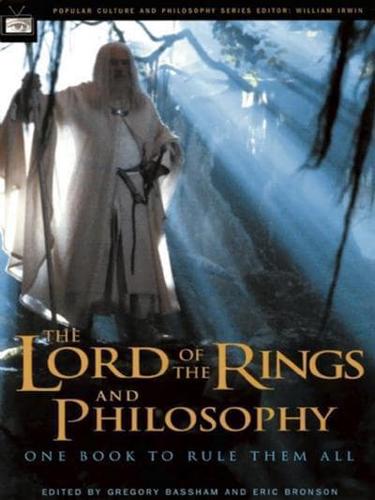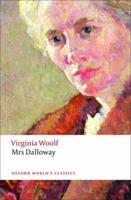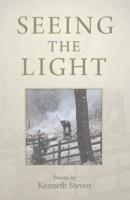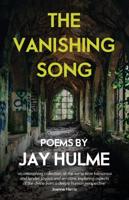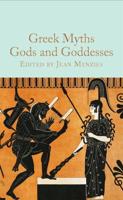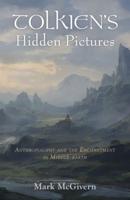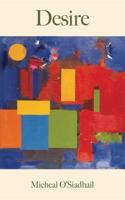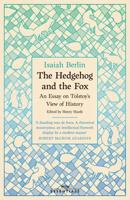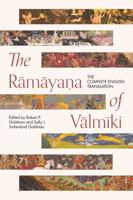Publisher's Synopsis
The Lord of the Rings is intended to be applicable to the real world of relationships, religion, pleasure, pain, and politics. Tolkien himself said that his grand tale of wizards, orcs, hobbits, and elves was aimed at truth and good morals in the actual world.Analysis of the popular appeal of The Lord of the Rings (on websites and elsewhere) shows that Tolkien fans are hungry for discussion of the urgent moral and cosmological issues arising out of this fantastic epic story.Can political power be wielded for good, or must it always corrupt? Does technology destroy the truly human? Is it morally wrong to give up hope? Can we find meaning in chance events?In The Lord of the Rings and Philosophy, seventeen young philosophy professors, all of them ardent Tolkien fans and most of them contributors to the four earlier volumes in the Popular Culture and Philosophy series, address some of these important issues and show how clues to their solutions may be found in the imaginary world of Middle-earth. The book is divided into five sections, concerned with Power and the Ring, the Quest for Happiness, Good and Evil in Middle-earth, Time and Mortality, and the Relevance
